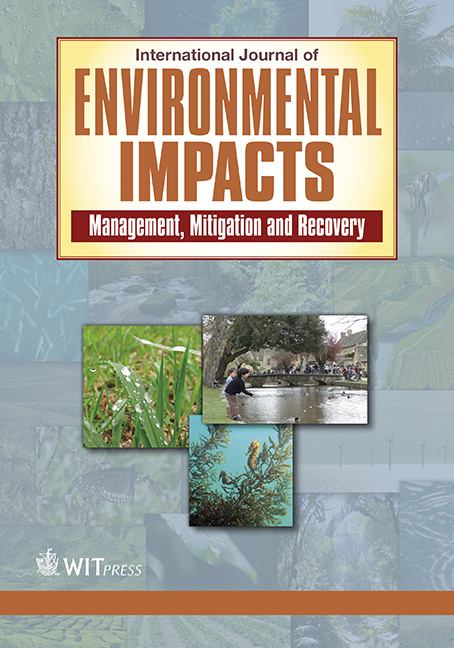Sociocultural dynamics of sustainable development: formation of human potential in the process of integrated ecological and economic training
Price
Free (open access)
Volume
Volume 4 (2021), Issue 1
Pages
14
Page Range
62 - 76
Paper DOI
10.2495/EI-V4-N1-62-76
Copyright
WIT Press
Author(s)
Artem Salamatov, Daria Gordeeva & Alexey Agapov
Abstract
In modern society, the analysis of human potential includes the assessment or conditional accounting of its intellectual stock and future opportunities. The problem of preserving, developing and realizing human potential is the subject of increased public attention. It is necessary to choose a new development strategy, an innovative and promising path based on the development of new technologies, where the decisive role of the intellectual forces of society. The education system is a ‘forge’ of human potential, a kind of source of unlimited resources of intelligence, thanks to which it becomes possible to form fundamentally new ecocentric values in the developing world. Awareness of the unity and balance of socio-ecological-economic interests, which are the basis of the life of mankind, led to a fundamental idea about the transition of world-management thought to a new way of making safe environmental and economic strategic decisions and the rejection of the old, extensive path that has not justified itself. Maintaining balance in the ecological and economic systems of the intensively developing techno-sphere is unacceptable without a person’s adequate understanding of the ongoing changes associated with his continuous production and economic activities. The formulated educational, ecological and economic paradigm creates at the same time a fundamental basis for the formation of the orientation of the student’s personality, capable of realizing and self-realization of his capabilities in the field of ecology and economics, socially stable and easily adaptable, capable of developing and changing his own strategy in the transforming circumstances of life. In light of the goals and objectives of the integrated environmental and economic education, it is necessary to revise generally accepted ideas about the causes of the degradation of the planet’s ecosystem and the slowdown in global economic growth, which are not so much technological progress as the person himself, his personal qualities and personality orientation, the formation of which depends on the field of education. The developed principles of integrated environmental and economic education are considered by us as an effective tool for the training of highly qualified specialists who possess the entire set of professional knowledge and value orientations that correspond to the realities of the current unstable environmental and economic state of social development. The content of ecological and economic education serves as a factor of integration of natural science and humanitarian paradigms, and the core of this integration is ecological and economic values, the orientation of which determines the appropriate human behavior.
Keywords
sustainable development, human potential, integrated education, environmental and economic education, environmental and economic values.




